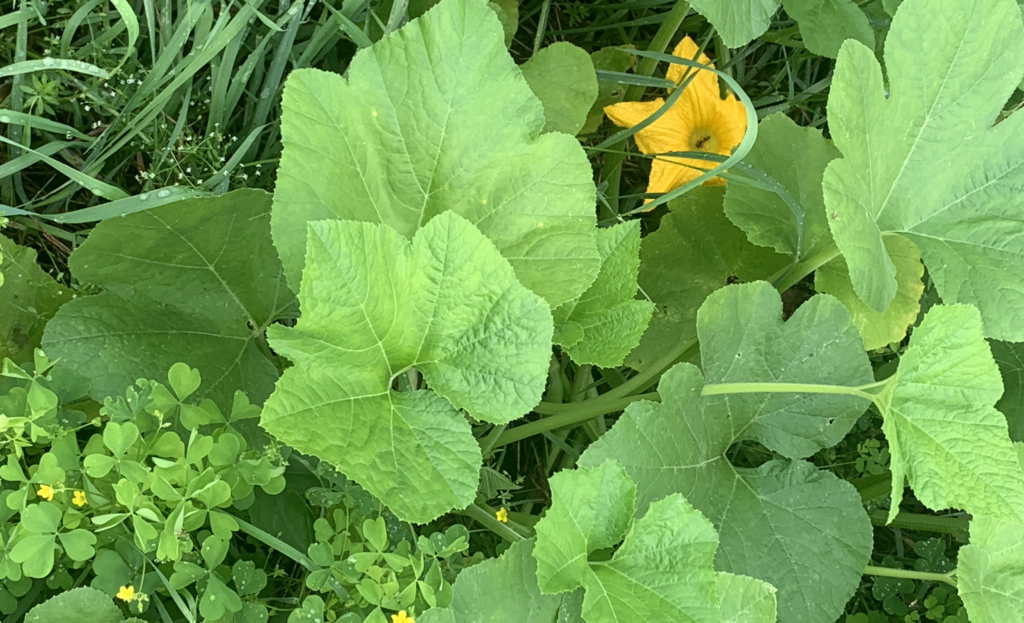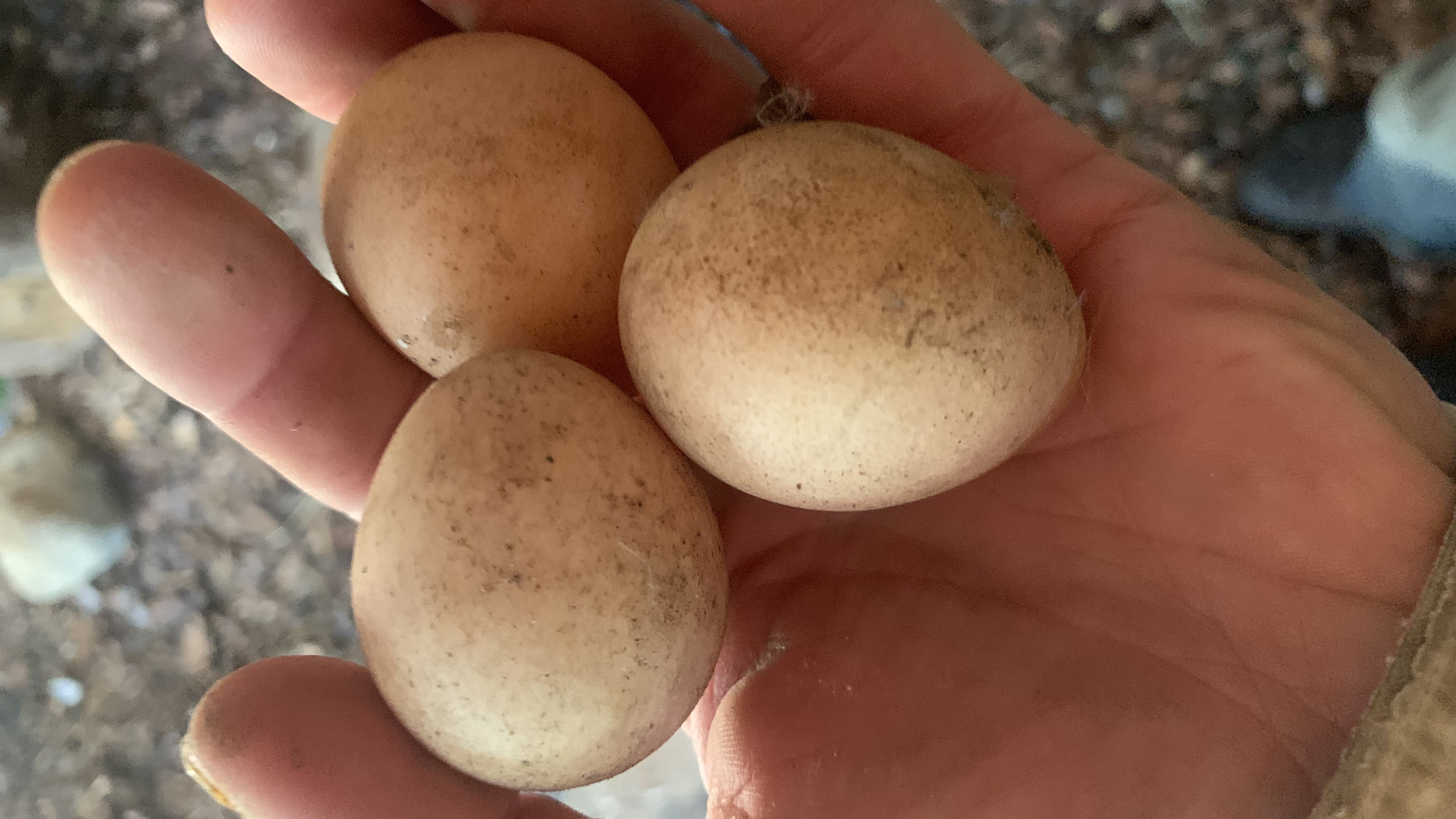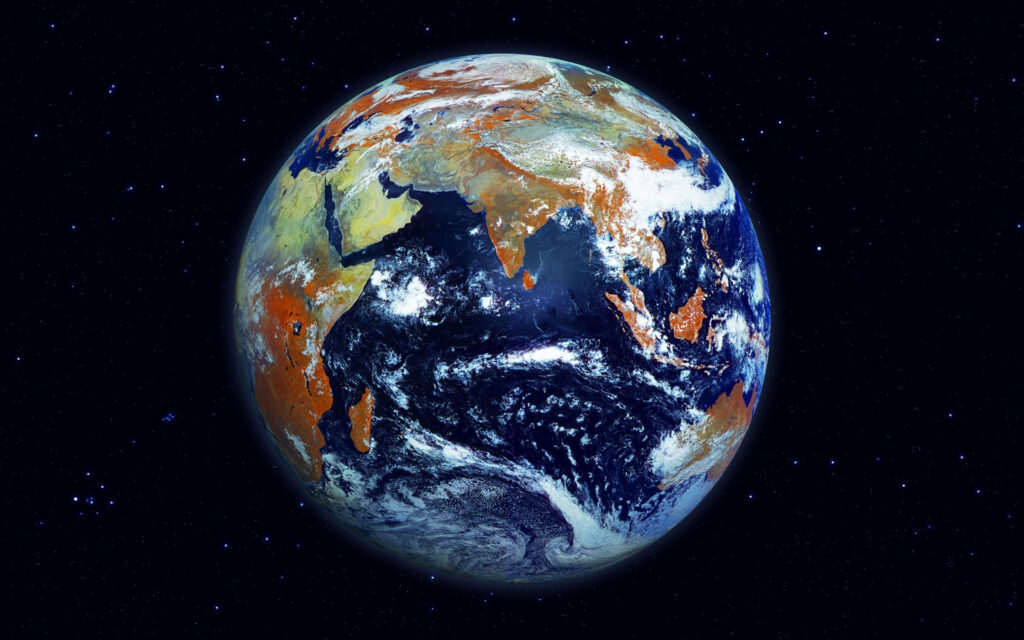Newcomers
40 Questions
Here are 40 questions to help you decide whether CCA is for you.
- Do you try not to think about climate change?
- Do you find yourself thinking, I’m lucky because at my age I will miss the worst of climate change?
- Are you distressed when you notice yourself thinking, “the best thing I can do for the environment is to die”?
- Do you long to be a part of a community of people who care about the same problems, share your values, and are committed to not looking away?
- Are you worried that the area where you are living may become unlivable?
- Are you concerned about the size of your carbon footprint compared to the rest of the world?
- Are you caught between your environmental values and your consumption of fossil fuels and plastics?
- Are you struggling to identify a meaningful, positive role for yourself (or for any human being) in relation to the natural world?
- Do you fear that people are permanently damaging the environment?
- Do you fear or feel betrayed that human beings are not doing enough to protect our planet from overheating?
- Do you feel anxious and depressed because the climate is changing and the weather is getting more extreme?
- Are you angry that authorities are not doing more about climate change?
- Do you feel alone with your concerns about the environment?
- Are you scared about your children’s future?
- Are you ashamed of how you lead your life and sustain yourself?
- Do you feel helpless and vulnerable when you fully admit your dependency on the industrial economy?
- Are you afraid our society is destroying the basis of its continued existence?
- Do you feel guilty for consuming more than your “fair share” of non-renewable resources?
- Do you feel frustrated that you cannot control or limit your consumption of resources to a level you feel good about?
- Do you feel helpless to protect yourself from future climate disasters?
- Are you overwhelmed by the complexity of trying to address climate change at individual and collective levels?
- Do you “doom-scroll” about environmental threats?
- Do you isolate yourself from life’s activities to avoid conflict with others about climate change?
- Do you isolate yourself from life’s activities to reduce your consumption of resources?
- Do you wish you could just “stick your head in the sand” and ignore climate change?
- Do you jump from one project to another in an attempt to respond to threats of a changing climate?
- Do you find it difficult or impossible to change your behavior even though you know the environmentally destructive impact?
- Do everyday activities pain you, due to their environmental impact, energy consumption or pollution?
- Do you find that you are unable at times to “walk your talk”?
- Are you planning to have fewer children because of climate change?
- Do you argue with people about climate change?
- Are you stuck and unable to adapt to new environmental conditions?
- Have you been hurt by extreme weather or other environmental problems?
- Have you lost your home, livelihood or health due to environmental damage?
- Have you moved or are you considering moving due to environmental concerns?
- Are you dismayed to see the consequences of climate change when you visit the wilderness?
- Do you find spiritual connection in nature?
- Do you have a burning desire for harmony with nature?
- Do you yearn to live closer to the land?
- Are you hopeful you can build a better relationship with the natural world, a relationship with more awareness and less exploitation?

The Problem
We face reports of, or experience, rising seas and temperatures, failing crops, deadly weather and pollution, as well as more subtle changes in our environment.
Though views may differ on the severity and our responsibility, many of us Climate Changers understand that we have been harming the very ecosystem we need for survival. Furthermore, in CCA we acknowledge this harm to the ecosystem affects innocent people and other living beings.
The problem is that often our Nature-harming behavior has been a habitual part of our life: We may not know any other way to eat, sleep and move about the world without unsustainable consumption of energy and other resources.
Moreover, many of us find we do not have the power to substantially change our impact on the environment. Factors may include lack of knowledge, money, willingness, social and cultural support or available alternatives.
We may find ourselves in a situation, where much like a drug addict, we know no other way to care for our needs, no way to live without resorting to behavior that is self-harming and deadly. We may not be powerful enough to stop on our own.
In dealing with Climate Change, we may struggle in a variety of ways:
- When confronted with these realities many of us feel sad, scared, guilty and anxious. This can lead to paralysis, inaction and denial, feeding into a vicious cycle. We may go into denial after a climate crisis subsides, resuming our habitual lives without acute concern for the environment.
- Climate Change is a societal illness, as such we are not in control of what others do or think about it. We may get angry and judgemental, demanding that others do something about it. While climate activism can help us feel better emotionally it may intensify the compulsion to attempt to change other people.
- Often we wait in vain for others to change or we sit back and wait for somebody or some technology to come up with a solution. Or we may feel so discouraged that we think “why bother – what good does it do for one person to change?”
- Experience of pain, sense of civic duty and love for Nature can motivate us to take action, but we may become overwhelmed by how gargantuan a task it is, to avert or mitigate climate change, exhausting ourselves in unsustainable activity.
- When we do change our way of life in a Nature-friendly way, it often sets us apart from our peers, leading to criticism and isolation.
These experiences and lack of control can turn into despair that we cannot overcome by our own strength of will.

The Solution
In the fellowship of Climate Changers Anonymous we seek to abstain from harmful behaviors and practice sobriety by embracing Sustainability as a central principle of our lives as we apply the 12 Steps of CCA. Sobriety in CCA is self-defined by each member.
Sustainability refers to the ability to maintain or support ourselves, our families, & our communities continuously during times of abundance and times of adversity.
Sustainability can be seen as a dance of relationships in which we constantly balance:
- Short-term individual needs and long-term individual needs
- Individual needs and community needs
- The needs of human beings and the needs of the World that we live in.
Many of us have found it beneficial to keep the focus on ourselves, abandoning the idea that all one needs is for others to change. Then it becomes possible to develop a personally sustainable way of life, physically, emotionally, and spiritually—one day at a time.We share our own experience, strength, and hope with each other. The solution we offer does not include specific lifestyle changes, rather, CCA supports each individual in developing their own sustainable lifestyle. Society may continue to act unsustainably but we can nevertheless live contented, purposeful and joyful lives of connection and growth.
